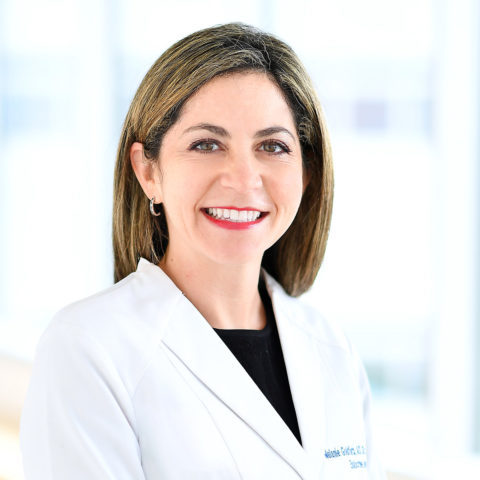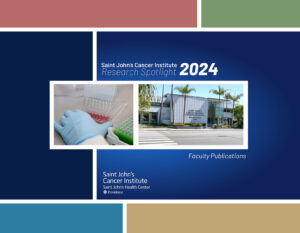Types of Parathyroid Surgery
Parathyroidectomy Recovery
Recovery
- Everyone can eat, drink, and talk that same day right after surgery
- While you may feel some fatigue for 2-3 days (general anesthesia), you will be able to perform your normal activities.
- Most people only take a few days off from work.
- You will have your serum calcium level checked the day after surgery to again confirm that the parathyroidectomy was successful.
Cosmetic result
- Most patients heal very well from surgery and have minimal residual parathyroid surgery scar at 6 months.
- The size of the incision will depend somewhat on if we are able to localize the hyperfunctioning parathyroid gland before surgery. However, all parathyroid surgeries are “minimally invasive parathyroidectomies” and almost all incisions are between 1.5-3.5 cm in length. Additionally, if you have a neck crease, we try to hide the parathyroidectomy scar in that line. All sutures are dissolvable.
Parathyroid Surgeon
Please submit an online appointment request or call 310-829-8751 if you have any questions, need a diagnosis, treatment or second opinion.





